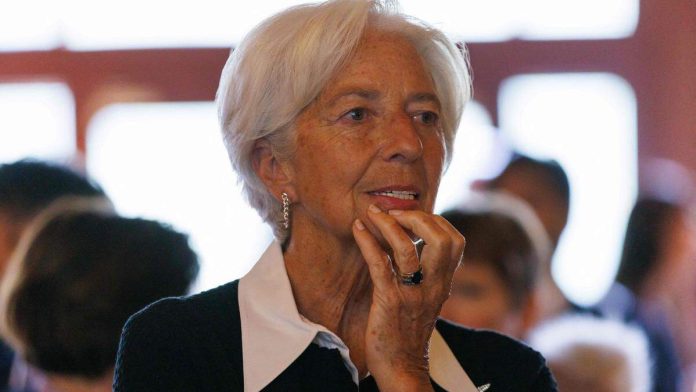The eurozone economy is likely to slow in the third quarter amid continued uncertainty in international trade, according to European Central Bank (ECB) President Christine Lagarde.
“Recent trade deals have reduced but not removed global uncertainty, which remains due to the unpredictable political situation,” Lagarde said at the World Economic Forum in Geneva on Wednesday.
ECB president also noted the lack of clarity, in particular regarding sectoral tariffs. According to Lagarde, the export-oriented eurozone economy showed resilience in the first half of the year, partly due to the desire of European companies’ partners to replenish their inventories ahead of the introduction of import duties in the US. In the third quarter, this factor will no longer have a positive impact on economic growth in the eurozone.
Lagarde noted that the effective tariff rate on European products supplied to the US will be 12-16%. This is slightly higher than the tariff that was taken into account when preparing the ECB’s baseline June forecasts.
At the same time, this rate is significantly lower than the pessimistic forecast of the bank (more than 20%).
“ECB economists will take into account the impact of the trade deal between the European Union and the United States on the eurozone economy in their September forecasts, which will guide our decisions in the coming months,” Lagarde said.
Eurozone GDP growth in the second quarter was 0.1% quarter-on-quarter, while annual inflation has remained close to the central bank’s 2% target in recent months.
Experts and market participants generally expect the ECB to keep its deposit rate at 2% at its next meeting on September 10-11.
